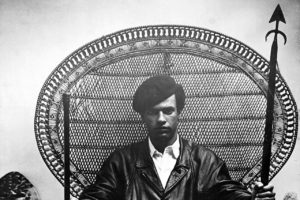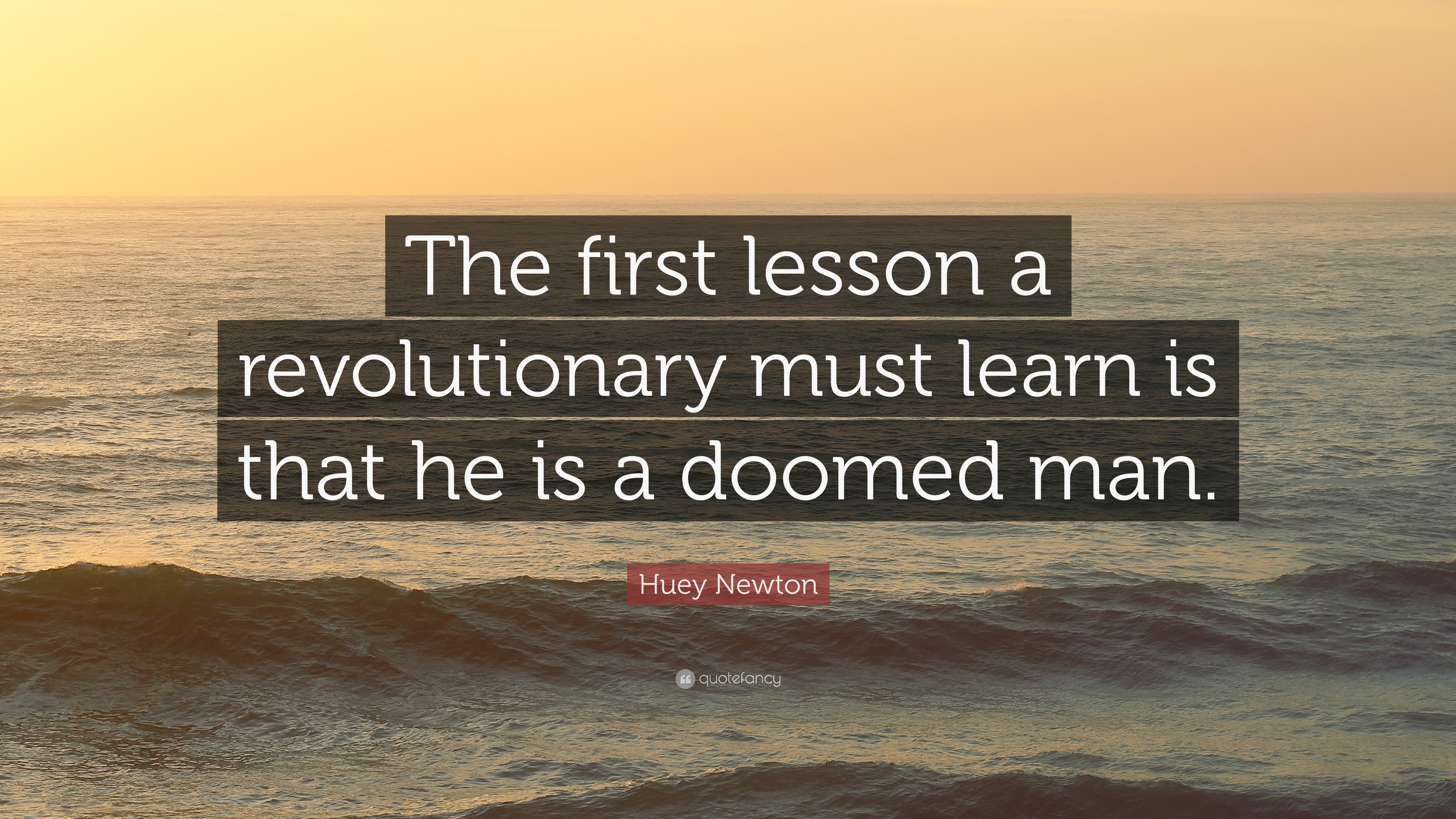
He became frustrated with the limitations of campus politics and cultural Nationalism. It was in community college that Newton was exposed to the Black movement of the time. He was inspired by his older brother to eradicate his illiteracy and obtain a college degree. Like many oppressed Black Americans, Newton received an assembly line education in the US public school system and graduated illiterate. Newton lived a complex life and dedicated himself to revolutionary transformation. Revolutionary forces the world over must rescue Huey Newton's legacy from the grips of imperial narratives.


True to the entire film, the demonization of Newton created a comfortable, but politically dangerous, media spectacle for liberal US viewers. The film failed to highlight his contributions to the Black Panther Party and the revolutionary struggle as a whole. The film solicits anecdotes of Newton’s mental decline and his supposed transformation into a "gangster." Nelson's depiction mimics the US imperial establishment’s portrayal of Newton. Nelson describes Newton as a troubled leader whose release from prison opened the floodgates to the Black Panther Party's demise. This is especially true in Nelson's spotlight on Huey P. “Nelson's depiction mimics the US imperial establishment’s portrayal of Newton.” What little content exists is riddled with distortion and inaccuracy. However, the film is more of a project of miseducation than the other way around. The film omits the political ideology of the Party and the historical context from which it formed. While this claim is debatable, the proximity of the documentary’s television debut and Beyonce’s performance means that many will view the documentary as a legitimate introduction to the Black Panther Party. Activists and journalists have praised Beyonce's performance at the Super Bowl as a catalyst for independent research of the Black Panther Party. The Black Panther Party has received renewed national attention. The greatest crime of the film is its depiction of the Black Panther Party’s founder, Huey P. This author took great offense to the documentary when it came out in select theaters in the summer of 2015. However, neither gave an accurate picture of what the Black Panther Party represented in the context of history and political struggle. Both attempted to embody the Black Panther Party through imagery and art. It is not clear whether this was intentional or a coincidence, but the two products do share a common theme. Stanley Nelson's documentary The Black Panthers: Vanguard of the Revolution aired on PBS just weeks after Beyonce's Super Bowl performance.

“ The film omits the political ideology of the Party and the historical context from which it formed.”

#HUEY P NEWTON REVOLUTIONARY FREE#
“Newton envisioned that Black America would work together with a community of nations to develop a new world free of exploitation.” Huey Newton: A Revolutionary Hero by Danny Haiphong Stanley Nelson’s PBS depiction “is riddled with distortion and inaccuracy” and virtually ignores the party’s enormous “contributions to the historic struggle for socialist liberation” and internationalist solidarity. Newton and the Black Panther Party has yet to be created.


 0 kommentar(er)
0 kommentar(er)
